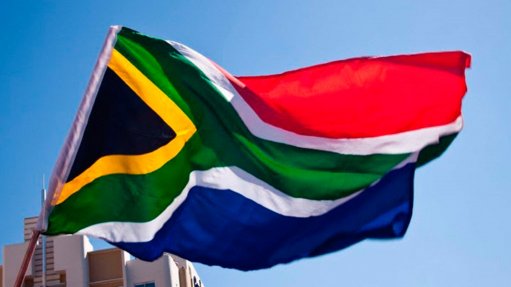
The Health and Other Service Personnel Trade Union of South Africa (Hospersa) is shocked over the attack on an ambulance in Pietermaritzburg over the weekend. The Union says that the attacks in KwaZulu-Natal (KZN) are rising, along with attacks in the Western Cape, Gauteng and Free State in past months, and calls on the Department of Health to intervene urgently.
According to reports an ambulance responding to a call from Slangspruit, just outside Pietermaritzburg, KZN was attacked by four men and a woman. Two paramedics, one male and one female, were in the ambulance during the attack, which resulted in the ambulance doors being damaged and the windscreen being smashed. The attack took place on Saturday night at around 22:00.
“It is unacceptable that EMS [Emergency Medical Services] members must operate in these conditions,” said Hospersa General Secretary Noel Desfontaines. “The fact that members of communities prey on those who serve them, is deplorable,” he added.
Hospersa has campaigned around the scourge of EMS attacks in Cape Town since last year, and attacks have also happened in Bloemfontein and Gauteng. As an effort to address the Cape Town issue, Hospersa has participated in various structures to come up with solutions. The Union also wrote an open letter to the Western Cape Health Member of the Executive Council (MEC) about the issue, and the Federation of Unions of South Africa (FEDUSA) – of which Hospersa is an affiliate – wrote a similar letter to the Minister of Health, Dr Aaron Motsoaledi.
“Hospersa has the duty to ensure that its members work in safe and healthy conditions,” said Desfontaines. “According to the OHS [Occupational Health and Safety] Act employees have the right to refuse to work in unsafe conditions, but as we have previously indicated, such refusal is often problematic. The reason for this is that EMS workers have a duty to serve the community and it becomes very difficult to refuse when somebody in need calls you,” Desfontaines explained.
Hospersa has consistently argued that the choice to stop ambulance services is not an easy one to make. That is why the Union eagerly participated in forums to identify sustainable solutions to the problems. This included police escorts for ambulances, violent incident training for EMS workers, as well as proposals to start issuing ambulances with firearms. While the South African Police Services (SAPS) has started escorting some ambulances on calls to so-called red zones in the Cape Town area, the logistics and timing involved proved to be problematic up to this stage. Hospersa has also called for the Health Minister to consider requesting the deployment of the South African National Defence Force (SANDF) to assist with these challenges.
“We want to see government doing more to protect EMS members,” said Desfontaines. “The response to this problem is too slow and many of our good proposals seem to be falling on deaf ears. We are busy strategising on how to escalate this matter to national level, as it has now truly become a national problem,” Desfontaines concluded.
Issued by Hospersa